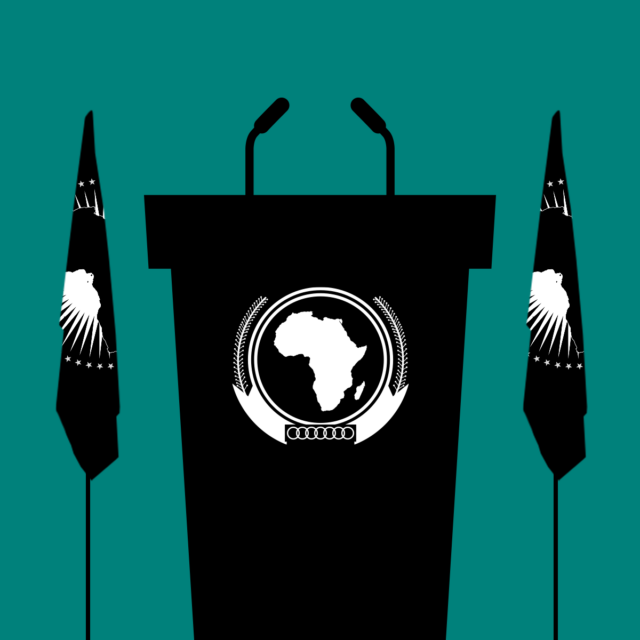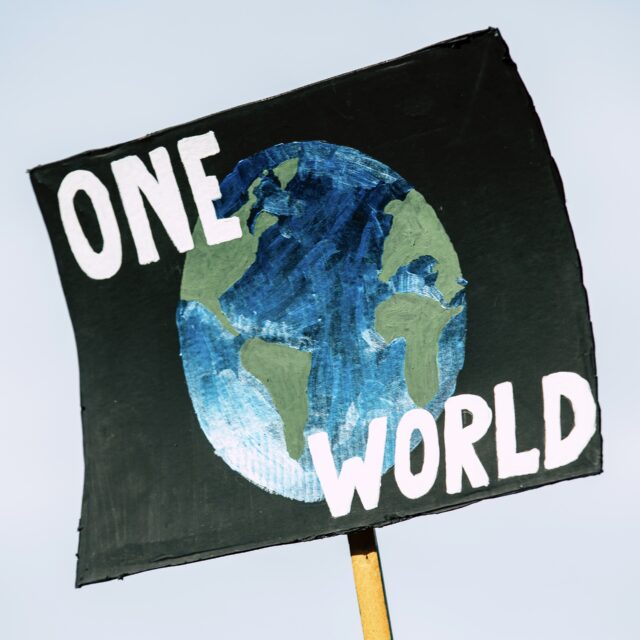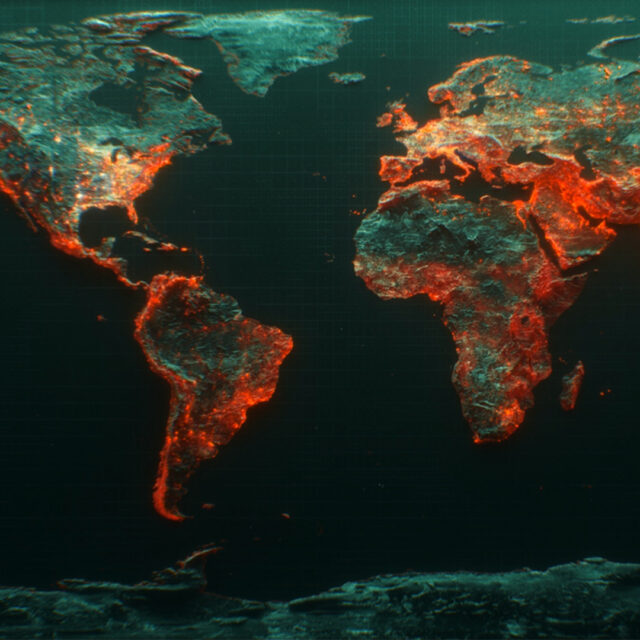Google the words “African Union” and you will find two out of the four top questions are “What is the purpose of the African Union?” and “Why was the African Union formed?” The answers? The African Union (AU) was formed for times like these – a global moment that requires global collaboration. The AU was formed to increase cooperation and integration of African states to drive Africa’s growth and economic development.
With a crisis of a century such as the COVID-19 pandemic, the world craves, needs, and seeks collaborative leadership. Collaborative leadership that is visible, competent, reassuring, and compassionate. Several African countries have risen to the challenge of this moment and provided such leadership.
We can only defeat this virus if Africa has a strong coordinated pan-African approach.
Signs of leadership, and opportunities for more
The African Union leadership must be applauded for coordinating the response of member states. First they started with an Africa Joint Continental Strategy for COVID-19 Outbreak — Africa CDC. The AU’s Africa Centres for Disease Control and Prevention (Africa CDC) launched a new initiative called the Partnership to Accelerate COVID-19 Testing (PACT) to strengthen the capacity of all African countries to test for COVID-19 with emphasis on countries with minimal capacity to test. The Heads of State Bureau led by AU Chairperson, South Africa’s President Cyril Ramaphosa to pool orders and gain bulk purchasing power of medical equipment given that African countries are being shut out of the global market. By pooling their orders they get better pricing and increase the likelihood of purchasing what Africa needs as a block.
The AU is uniquely placed to enhance cooperation, because in this pandemic, a national strategy alone is weak in the face of a global pandemic.
In spite of these commendable efforts, there is opportunity — and need — for the AU to do more. The AU is uniquely placed to enhance cooperation among the 55-member states because in this pandemic, a national strategy alone is weak in the face of a global pandemic. Now more than ever, we need a pan-African approach. To be clear, a global pandemic demands a global response. But first Africa should start with a clear pan-African approach.
How the AU could step up its leadership
1. Focus the energy of the AU on health systems strengthening
Today, the need to silence the guns are not as acute in a world where a sneeze could kill us. The AU is not unaware of the state of healthcare in Africa. In fact, although African member states signed up to the Abuja Declaration in 2001, less than 10 countries have reached 15% contribution to health. The truth is the AU needs “teeth.” There should be consequences for making an agreement and not fulfilling it – and there should be incentives for reaching agreed upon goals.
Africa cannot continue to react to health threats. The AU needs to double down on the Abuja Declaration.
Likewise, the AU should provide technical and perhaps financial support for countries that seek to fulfill agreements but are unable. COVID-19 will not be the last pandemic to threaten the human race. Africa faced the threat of Ebola and Lassa fever before, and there will yet be another viral infection at some point in the future.
Africa cannot continue to react to health threats. The AU needs to double down on the Abuja Declaration and institute the disease surveillance mechanism led by the Africa CDC. African countries have a responsibility to first their citizens to provide adequate, affordable, and quality care. Unfortunately, Africa has some of the worst health statistics in the world.
2. Coordinate a response to manufacture personal protective equipment
Africa is a net importer of medical supplies. Imports are estimated at US$16 billion in 2018, while exports for the same year were estimated at US$1.2 billion. African domestic scaled production of medical products is only feasible in six sub-Saharan African countries – South Africa, Nigeria, Ghana, Kenya, Uganda, and Zimbabwe. Therefore, the AU in collaboration with the African Continental Free Trade Area (AfCFTA) must strengthen regional production capacity of personal protective equipment (PPEs) and medical supplies which meet the requisite global standards.
The AU needs to counteract protectionist tendencies by creating a coordinated effort to manufacture PPE and reminding exporter nations that none of us are safe until all of us are safe.
Here again a national response is not good enough. Production must take the continent’s 1.4 billion people into consideration. African countries get 50% of their medical supply from four regions EU, India, Switzerland, and China. As countries struggle to control the pandemic, countries are imposing protectionist actions on their medical products. For example, the US began preventing shipments of protective medical supplies from leaving the US as their own doctors, nurses, and other healthcare professionals lack these PPE. The European Union has also imposed export controls to prevent exportation of masks, gowns, gloves, ventilators, and testing kits.
The nationalistic tendencies are understandable but dangerous and ineffective. The AU needs to counteract these protectionist tendencies by creating a coordinated effort to manufacture PPE and by reminding exporter nations that none of us are safe until all of us are safe. For example, Dr. John Nkengasong, director of the Africa CDC, recently called for wealthy countries to reserve some medical supplies including reagents for testing kits for export.
3. Communicate, communicate, communicate
There is no risk in over communicating during a moment like this. The twitter handles of the African Union @_AfricanUnion and African CDC @AfricaCDC have been active. The African Union website should be another outlet of communication and highlighting the areas of coordination. This is a time for the AU to reach out to everyday Africans and connect with them during this unprecedented time.
Many African presidents are stepping up. However we can only defeat this virus if Africa has a strong coordinated pan-African approach. And this plan must be clearly, calmly, and effectively communicated across nations.



